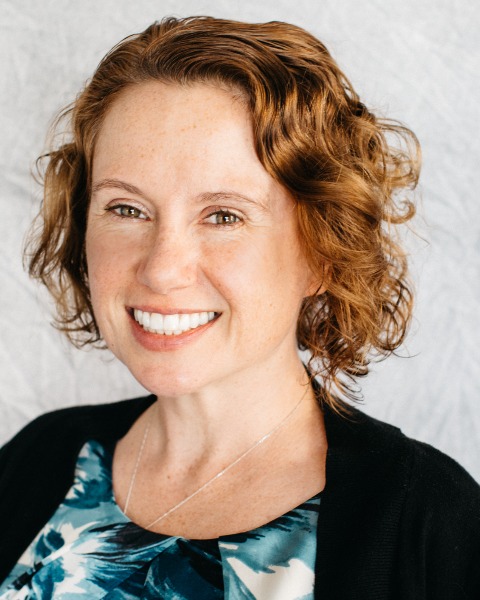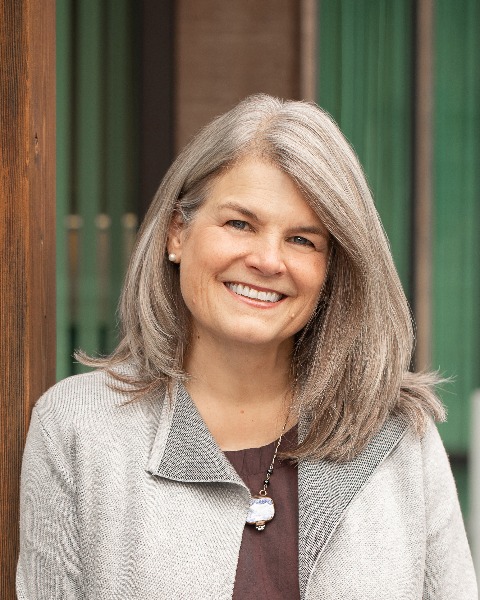Organizational Learning & Evaluation Capacity Building
“It’s a long story” - Evaluation Capacity Building in Trust-Based Philanthropy
-

Corey Newhouse, MPP (she/her/hers)
Founder and Principal
Public Profit
Oakland, California, United States -
TA
Taylor Anderson, MS (she/her/hers)
Senior Associate
Public Profit
Oakland, California, United States -

Kasi Allen, PhD
Director of Learning and Knowledge Management
The Ford Family Foundation
Roseburg, Oregon, United States
Presenter(s)
Facilitator(s)
Location: Room 204
Trust-based philanthropy is awesome. Evaluation capacity building is awesome. Building evaluation capacity within trust-based philanthropy is really hard. How do evaluators meaningfully contribute to evaluation capacity when funders have delegated substantial authority for tactics and strategy to the nonprofits they fund? And what does evaluation capacity building look like when nonprofits are authorized to be nimble and flexible in addressing community needs? In this session, you’ll learn the ups, downs, and side-to-sides of evaluation capacity building within trust-based philanthropies. We’ll share examples of key decision points we’ve faced, how we navigated those in collaboration with philanthropies and nonprofits, and what we’re doing differently today.
Relevance Statement: Trust-based philanthropy is a relatively recent movement to address the inherent power imbalances between foundations and nonprofits by advocating for shifts in longstanding practices that center donor’s needs over those of the organizations they support. (Trust-Based Philanthropy Project) Trust-based philanthropists strive to center the expertise and priorities of nonprofits they support, and to reduce the reporting burden associated with their grants. By design, then, trust-based philanthropists adopt an emergent, flexible approach to the organizations they support. Evaluation capacity building is a longstanding practice in the nonprofit and philanthropic fields, often focused on enhancing organizations’ abilities to collect, make meaning from, and act on information. High quality evaluation capacity building is responsive to the priorities and needs of the people participating. Evaluation capacity building in the context of trust-based philanthropy is a newer phenomenon, and poses unique challenges to professional evaluators. What does it look like to be responsive to nonprofits’ priorities when their focus is continually changing? Moreover, how can evaluators help trust-based philanthropies to build their own evaluative capacity, when they have devolved many strategic and tactical decisions to their grantees? In this session, we’ll share specific examples of the decisions we faced, and adaptations we made, as evaluation capacity building consultants for two trust-based philanthropies: the Ford Family Foundation and Magic Cabinet. The Ford Family Foundation, based in Roseburg Oregon, is one of the few private foundations in the US that exclusively funds rural communities. The foundation uses multiple components of the trust-based philanthropy model, including making multi-year, general operating support grants, minimizing proposal and reporting requirements, and encouraging staff to build deep relationships with community members. Magic Cabinet invests in nonprofit capacity through multi-year, general operating support grants that nonprofits decide how to allocate amongst themselves. Working in the San Francisco Bay Area and Seattle Puget Sound, Magic Cabinet also provides access to place-based peer learning through a participatory cohort model, and advocating for the broader adoption of collaborative, trust-based philanthropic practice across the industry. The session’s discussant, the evaluation and learning lead of the Ford Family Foundation, will reflect on what she’s learned when it comes to finding evaluation capacity building consultants, setting expectations with philanthropic staff, and navigating challenges as they emerge. The situations we share, and strategies we used, directly address Evaluator Competencies of Context, Interpersonal, and Planning & Management.
Presentations:
-
9:15 AM - 10:15 AM ETEvaluation Capacity Building at the Speed of Community
Presenter: Corey Newhouse, MPP (she/her/hers) – Public Profit
-
9:15 AM - 10:15 AM ETEvaluation Capacity Building in Trust-Based Philanthropy - Reflections from an Internal Evaluation Leader
Presenter: Kasi Allen, PhD – The Ford Family Foundation
-
9:15 AM - 10:15 AM ETLearning Alongside an Innovative, Fast Growing Foundation
Presenter: Taylor B. Anderson, MS (she/her/hers) – Public Profit
